The Lowdown on Purple Tea
/0 Comments/in Purple Tea /by adminHealth gurus had always told us to “eat the rainbow — well now we can drink it too. Enter the Purple Tea. Though Purple Tea may seem like a new concept to casual tea drinkers who are used to the classic black, green or herbal teas; Purple Tea has in fact been around for decades!
The history behind Purple Tea
Most teas — black, green, purple, white — are made from the Camelia Sinensis plant. What makes them differ in taste and colour include a few factors: oxidation, roasting method, duration of sun-drying and the overall environment.
Over 25 years ago, the Tea Research Foundation of Kenya (TRFK) developed a purple cultivar from the Camellia Sinensis plant. What that means is that Purple Tea leaves are the natural plant crossbreed that yield natural purple leaves with no artificial additives. Since Purple Tea is unoxidized and non-fermented like green tea, it is low in astringency and tannin bitterness, making it a natural crowd pleaser!
Our tea farmers work hard in the rolling hills of Kenya to bring you Purple Tea leaves of only the best in taste, quality and benefits.

The hype around Purple Tea
Antioxidants seem to be the buzzword being thrown around these days: experts advise us to eat food and superfood that are high in antioxidants to prevent diseases and other chronic illnesses. We usually associate antioxidants with strawberries, blueberries, acai berries; but did you know that Purple Tea is also high in antioxidants?
The leaves from the Purple Tea cultivars are rich in purple and red anthocyanins. Anthocyanins are pigments found in antioxidant-rich foods that give them their black, purple or red colour; and is a potent class of phytonutrients. The high anthocyanin content in Purple Tea translates to higher levels of antioxidants and more effective absorption thanks to its water solubility. Fun fact: Purple Tea contains about 15 times more anthocyanins than blueberries!
Studies have shown that its high levels of anthocyanins come with a slew of health benefits. Rashid et al. (2014) proves that Purple Tea improves brain health, providing neuroprotection in neurodegenerative conditions. Joshi et al. (2017) and Khan, Bashir, and Mughairbi (2018) found that anthocyanins prevent different forms of cancers, cardiovascular disorders and anti-inflammatory diseases. In addition, the weight-conscious will be pleased to note that Purple Tea suppresses not only weight gain but also liver weight and abdominal fat (Shimoda, Hitoe, Nakamura, and Matsuda, 2015). In a nutshell, Purple Tea boosts brain power, promotes heart health, reduces inflammation and increases metabolism. Get the hype now? Purple Tea is certainly more than meets the eye!
So it tastes like… berries?
Well not quite! While it shares similar antioxidant properties to berries and other antioxidant-rich food, the taste of Purple Tea is in a class of its own. Purple tea has a pleasant, woody aroma and light floral notes; with a mouthfeel that’s similar to dry red wine.
Want a more zesty taste? Elevate your cuppa Purple Tea by squeezing in a few drops of lemon. It not only turns from purple to a beautiful light pink, it also boosts its (already high) antioxidant capacity!
Get in on the Purple Tea hype and get your hands on our Tropical Purple Tea here!
Disclaimer: This article is solely published for educational and informational purposes. It should not replace medical advice nor be used as a medical treatment. Be sure to seek professional advice before using teas or herbs as home remedies or medical cures.
References:
https://www.ncbi.nlm.nih.gov/pmc/articles/PMC5495722/
https://www.ncbi.nlm.nih.gov/pmc/articles/PMC4502735/
https://www.longdom.org/open-access/purple-tea-composition-and-inhibitory-effect-of-anthocyaninrich-extracton-cancer-cell-proliferation-2167-0412-1000322.pdf
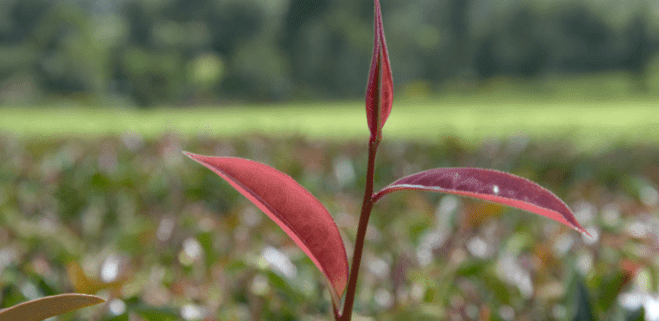
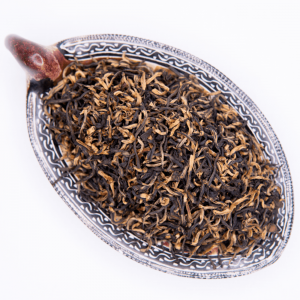
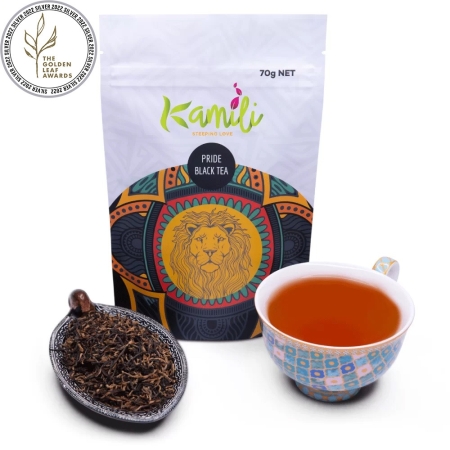
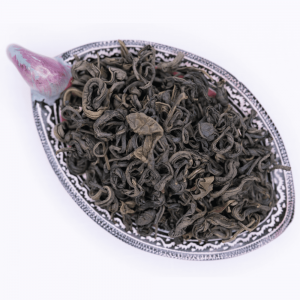
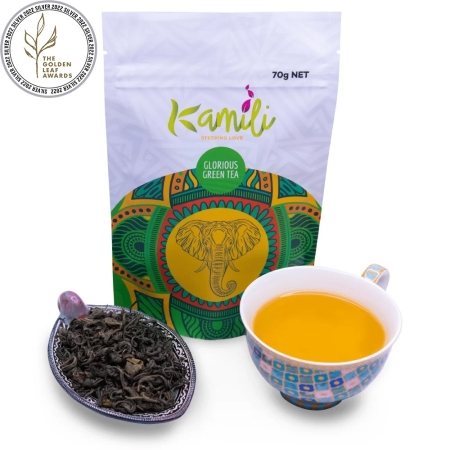
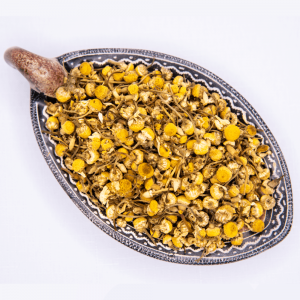
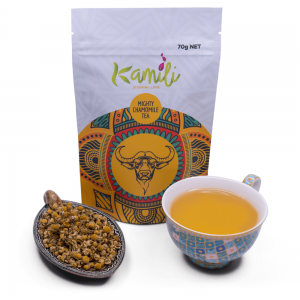
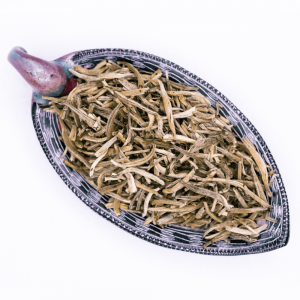
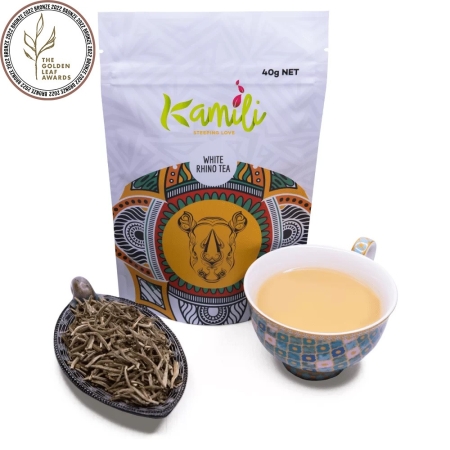
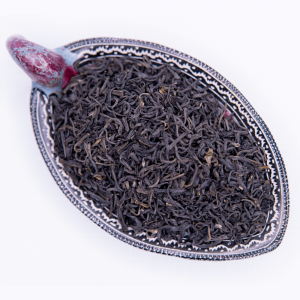
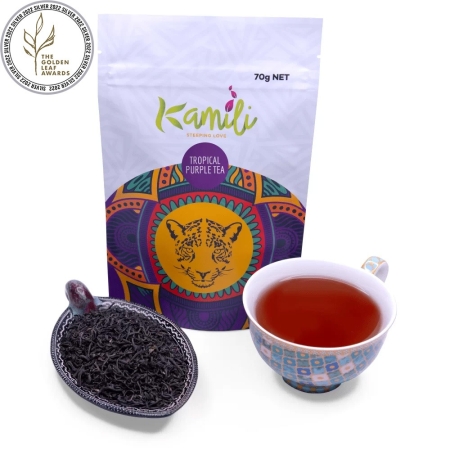
Leave a Reply
Want to join the discussion?Feel free to contribute!